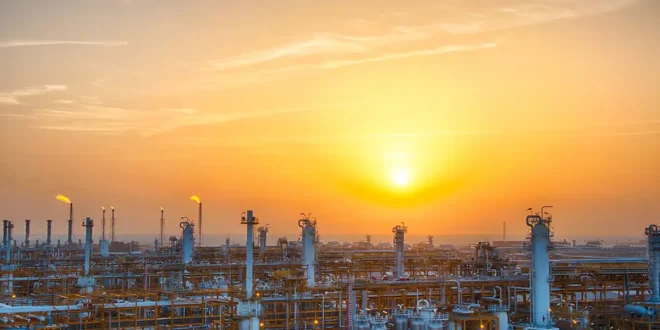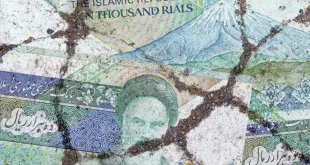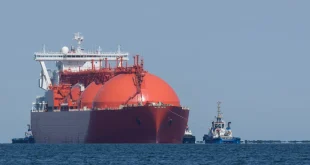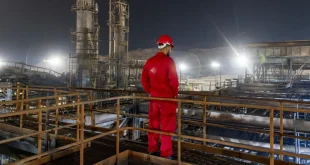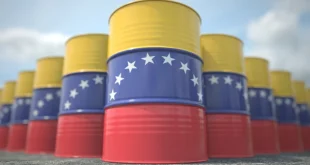Despite a persistent and alarming deficit in its natural gas production, Iran recently chose to renew gas export contracts with Iraq – a decision that can have severe consequences for its own energy needs.
While Iran boasts having the second largest natural gas reserves in the world, its production capacity has consistently fallen short of meeting escalating demand in recent years, especially during peak periods such as winter.
Historically, Iran has played a pivotal role in providing vital natural gas to fulfill Iraq’s energy requirements, particularly for powering electricity generation.
Yet, a notable decrease in the supply of natural gas from Iran has exacerbated Iraq’s own energy crisis – with the country’s electricity output significantly lagging behind its increasing demand currently at 35 gigawatts.
While several multibillion-dollar contracts were signed with power giants by Iraq since 2008, efforts to address the crisis have largely failed, with corruption, mismanagement, and political interference leading to significant losses in investment.
Siemens and American General Electric (GE) are positioned to dominate the sector, leveraging partnerships with Iraqi interests.
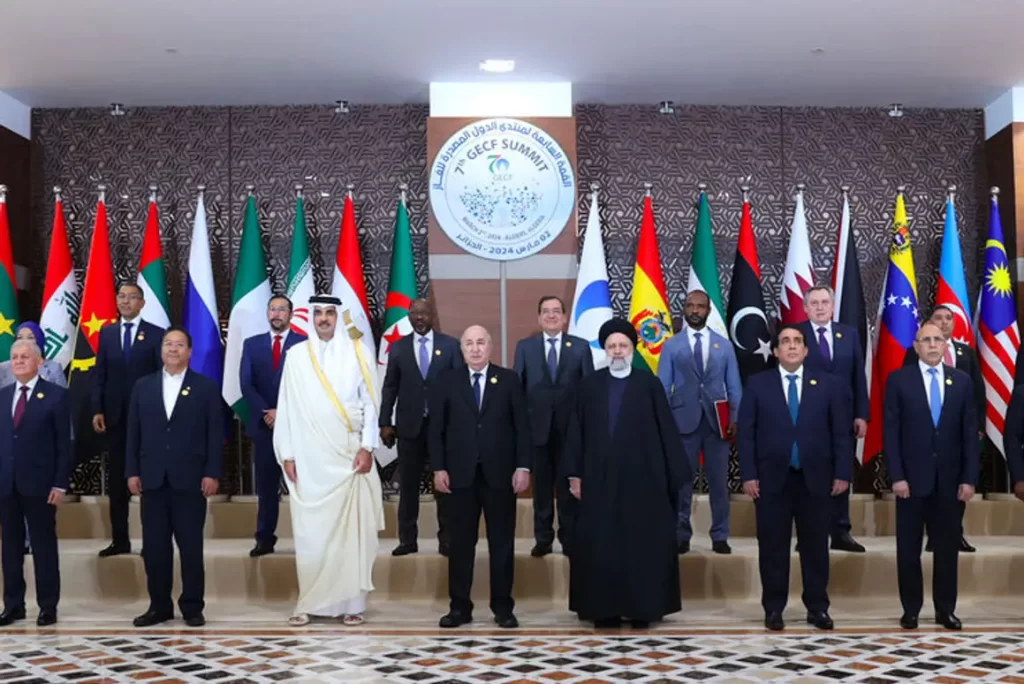
South Pars field and Iran’s underperformance
The South Pars field – the world’s largest natural gas field – is crucial for Iran’s economy as it provides a substantial portion of the country’s natural gas production.
The field, located in the Persian Gulf between Iran and Qatar, is also exposing Iranian officials’ underperformance in developing it in contrast to Qatar Petroleum.
Qatar has been extracting gas from South Pars since 1990, a decade ahead of Iran, and has produced nearly double the amount of gas from the field.
Meanwhile, based on its own estimates, Iran is expected to elevate its numbers over the next five years – from 1.07 billion cubic meters per day to 1.3 billion cubic meters (bcm). However, such official claims often remain unrealized due to financial and technological constraints.
Iran is currently under a myriad of US and Western sanctions over its contentious nuclear program and confrontational foreign policy. Western energy giants are the only ones with the technology and resources to help boost Iran’s gas and oil production.
Officials, under pressure to increase production, claim that projects like the Kish gas field development, Farzad-B gas field cooperation, and ongoing development in the North Pars and Bilal gas fields are aimed to significantly increase Iran’s daily gas output.
The head of Pars Oil and Gas Company, Mohammad Hossein Motejalli, has stated that initial development efforts aimed at enhancing gas production in Iran will result in an output equivalent to five standard phases of the South Pars gas field by 2027.
But, the South Pars field is reaching the latter stages of its productive lifespan. And, as the pressure in the field decreases, it becomes more challenging for Iran to maintain its capacity to supply natural gas for its domestic needs and to Iraq over the long term.
Unless Iran takes action to address the production and pressure issues within the South Pars field, its ability to sustain natural gas shipments to Iraq will be compromised.
Iraq, however, is not the only neighbor to influence the regional energy landscape.
Turkmenistan’s capability and willingness to provide natural gas to Iraq through a swap agreement with Tehran introduce an additional dimension to the competition within the energy market of the region.
Sanctions exacerbate Tehran’s underperformance
Iran’s existing challenges in its relationship with Iraq are further complicated due to payment methods restricted by US sanctions.
These sanctions have made it difficult for Iran to receive payments from Iraq for its oil exports, prompting discussions about alternative payment arrangements.
The recent agreement to exchange Iranian natural gas for Iraqi crude oil and fuel oil represents a strategic shift to bypass these financial constraints, ensuring the continuous flow of energy supplies between the two countries and strengthening their economic ties.
Despite Iran’s own technological challenges, underperformance, regional tensions and sanctions, Tehran hopes to grasp and hold on to its efforts to sustain energy cooperation with Iraq.
Far from flawless, Iran’s gas promise to Iraq serves Tehran’s strategic aims beyond mere revenue generation: attempting to secure its regional influence by desperately trying to remain competitive by influencing energy dynamics.

